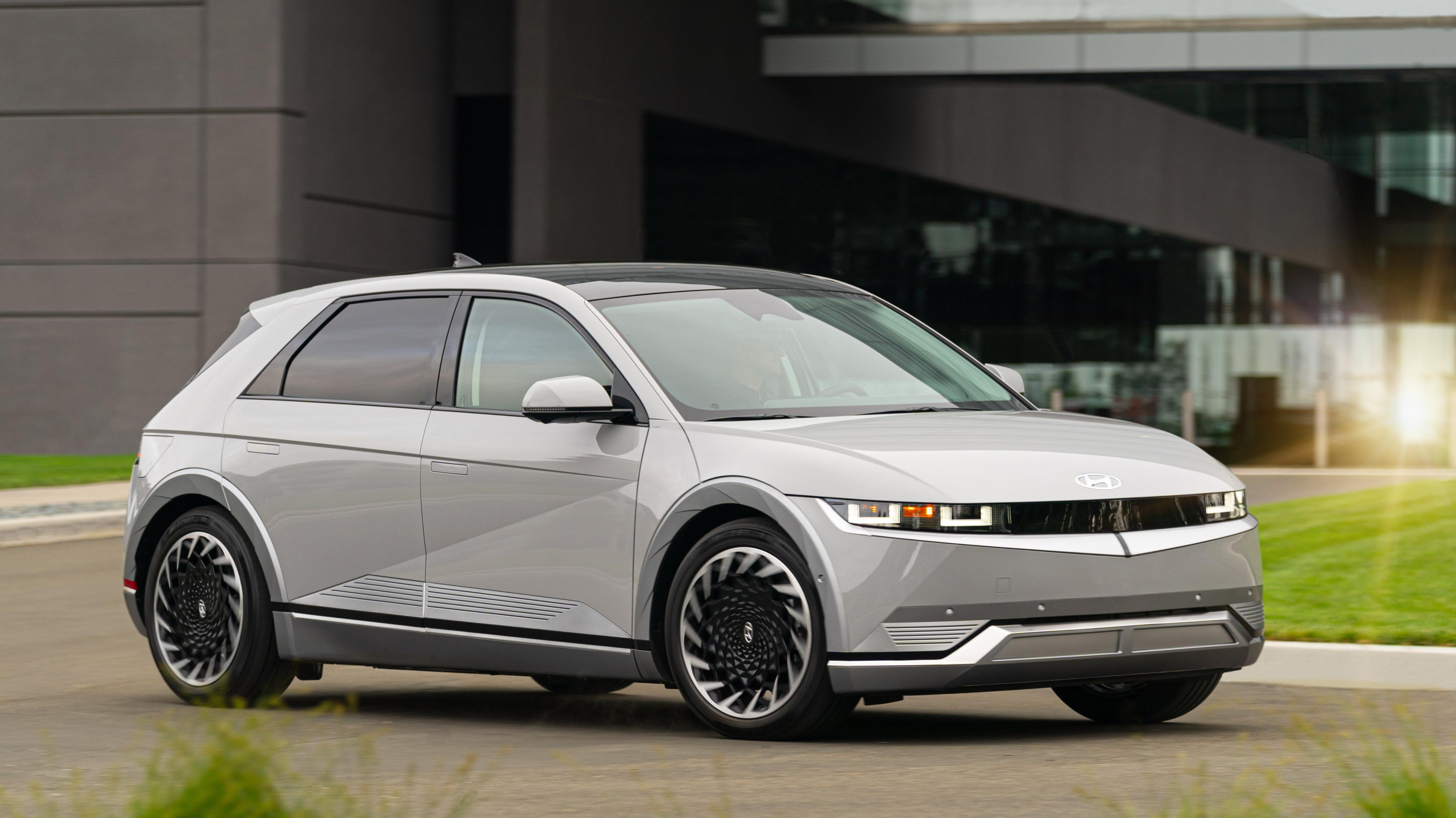New Bill Would Allow More EVs To Qualify For The Full Tax Credit
If passed, it would modify the new rules in the Inflation Reduction Act
When the Inflation Reduction Act was signed into law earlier this year, it included a significant change to the federal tax credit for new electric vehicles. While it incentivized North American vehicle production, it also made more than two-thirds of all EVs currently sold here ineligible for the for the full $7,500 credit. A new bill that was recently introduced in the House of Representatives could change that.
Electrek reports that representatives Terri Sewell, Emanuel Cleaver, Eric Swalwell and Jimmy Gomez introduced a bill known as the Affordable Electric Vehicles for America Act. And while it wouldn't completely throw out the IRA's new tax credit requirements, it would change them by adding a phase-in period that would give automakers more time to meet the manufacturing and battery-sourcing requirements. Additionally, Senator Raphael Warnock introduced a companion bill in the Senate.
If the AEVAA passes, automakers will still be required to eventually build EVs in North America and source their batteries domestically or from countries that have free-trade agreements with the U.S. But it would give them more time to do so, allowing more Americans to take advantage of the tax credit next year.
Rep. Cleaver explained the logic behind the bill in a statement:
Our legislation takes important steps to make the historic electric vehicle tax credits passed in the Inflation Reduction Act immediately accessible to consumers, particularly working- and middle-class Americans who would like to purchase an electric vehicle but need the federal credit to do so. As oil companies insist on continuing their exorbitant price-gouging of American families at the pump, these tax credits offer hardworking Americans immediate and significant financial assistance to help them purchase a vehicle that is better both for the environment and their wallets. This bill would be a major win for consumers, auto-workers, and businesses alike, and I will work with my colleagues to ensure it is signed into law by President Biden.
As we previously reported, Hyundai in particular was negatively affected by the IRA's tax credit requirements. It has already invested heavily in U.S. EV production, but construction on those facilities won't be complete until after the new regulations go into effect. And even General Motors will need three years to qualify for the full tax credit. Adding a longer phase-in period sounds like a good way to continue incentivizing EV purchases until automakers have adequate time to meet the new requirements.
